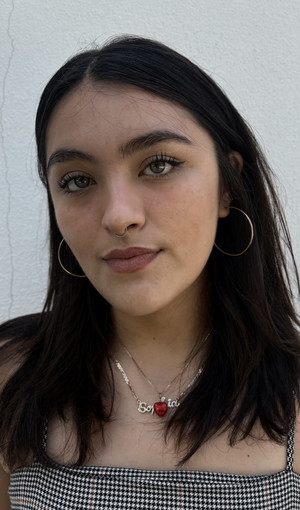Museum Ethics: Housing Artifacts
Written by Sophia Plancich
Published on October 30, 2024
As someone with a deep connection to museums, rooted in positive memories and experiences, I’ve found myself increasingly reflecting on the ethical complexities surrounding artifacts housed in these spaces. When I step into a museum, I often question the ethical framework behind the institution’s role in preserving artifacts from diverse cultures.
In this post, I want to explore the responsibility Western museums hold in housing artifacts from cultures across the globe. Considering the nuanced histories of colonization and imperialism, should museums be the caretakers of these artifacts for preservation purposes, or would it be more ethical to return them to their places of origin and the communities to whom they truly belong?
Museums across Europe and North America are now frequently challenged on the issue of retaining and displaying the cultural patrimony of other nations in their collections. A common argument suggests that artifacts from the ancient world, the Americas, Asia, and Africa are somehow "safer" in Western museums. But is this belief genuine, or does it merely reinforce colonial hierarchies? Does it perpetuate the patronizing sentiments born of imperialism, reminding us of the lasting impacts on the geopolitical and cultural landscapes of formerly colonized nations?
Another dimension of this issue involves the murky world of provenance, illegal art trading, and looting. While that’s a vast topic on its own, it’s often pointed out in discussions that the acquisition of many artifacts by Western museums has blurred ethical lines. In this context, Western museums are frequently viewed as upholding a paternalistic hierarchy that places Western institutions as "rightful" keepers of global artifacts.
On one hand, museums play an essential role in informal education and are spaces for learning and inspiration. On the other, the history behind these institutions—their ties to colonization and the residual impacts on cultures around the world—compels us to ask whether housing these artifacts perpetuates an oppressive practice. Should the cultural patrimony of other nations stay in Western museums, serving as visible reminders of colonialism’s destructive legacy and providing an uncomfortable but necessary confrontation with history? Or would it be more ethical to return them to their rightful origins? What role should Western museums take in addressing these questions?
The American Alliance of Museums (AAM) has addressed this ethical dilemma by encouraging transparency in collection policies, particularly when acquiring archaeological materials and ancient art from outside the U.S. The AAM advises museums to make their acquisition policies public and to research the origins and provenance of existing collections, though these are recommendations rather than enforceable mandates.
As museum-goers, how do we proceed? I’m left with an array of questions and reflections, but I believe that museums ultimately exist to inspire emotion and reflection. Perhaps the contemplation itself is part of the purpose—inviting us all to engage with these complex histories and to ask ourselves what more can be done.
References:
“Archaeological Material and Ancient Art” (n.d.) Ethics, Standards, and Professional Practices. American Alliance of Museums.
https://www.aam-us.org/programs/ethics-standards-and-professional-practices/archaeological-material-and-ancient-art/
Wilder, C. (2023). Turning Museum Visits Into Ethical Dilemmas. The New York Times, C8-L.
Tharoor, K. (2015) Museums and looted art: the ethical dilemma of preserving world cultures. The Guardian. https://www.theguardian.com/culture/2015/jun/29/museums-looting-art-artefacts-world-culture






